
First published in The Catholic Times, August 10, 2014, Volume 63:3
Sunday’s reading follows a dramatic showdown between Elijah and King Ahab after three long years of drought predicted by the prophet. During his reign, Ahab’s wife, Jezebel, spread the worship of Baal throughout the land and murdered the prophets of the Lord. Elijah alone remained. Prompted by God, Elijah met with the king and proposed they meet on Mount Carmel.
People from all over Israel were summoned including the prophets of Baal. Tired of their unwillingness to choose between the Lord and Baal, Elijah challenged them to watch and decide: The prophets of Baal were to prepare a sacrifice. Elijah would do the same. Each would call on their god to send fire to consume the offering.
You know the outcome. Despite a day of shouting, dancing, and self-mutilation, Baal’s prophets received no answer. Then Elijah, after preparing his sacrifice and inviting the people to douse it all with water three times, asked the Lord to answer his prayer so the people would turn their hearts again to the true God.
Fire consumed the sacrifice, the stones, the wood, and dried up all the water in the trench. Elijah commanded the people to slaughter all the prophets of Baal who were present. A small cloud over the sea grew larger and darker, and as God had promised, at last, rain came.
Jezebel was furious and vowed to take Elijah’s life. He fled until, exhausted, he sat down by a bush and asked God to take his life, but angels, not death, arrived. And they brought food. Twice they fed the old prophet. Strengthened, he traveled forty days to Mount Horeb.
This is where we meet Elijah in Sunday’s reading. After having spent his life striving to be faithful to his God, he wasn’t sure what he had accomplished. In spite of the spectacular results on Mount Carmel and the killing of Baal’s prophets, his world appeared unchanged.
A few lines are left out of Sunday’s reading. Between the night of sleep in the cave, and the command to stand on the mountain to wait for the Lord, Elijah hears God asking him what he is doing there.
He answers, “I have been very zealous for the Lord God Almighty. The Israelites have rejected your covenant, torn down your altars, and put your prophets to death with the sword. I am the only one left, and now they are trying to kill me too.”
Haven’t we felt that same way at one time or another? Having done our best, our best isn’t good enough. We’ve prayed, we’ve worked, and we’ve hoped but eventually, find hope elusive. As the angels observed, the journey is too much for us. For our resources. We need nourishment from God to go on, and even then we aren’t sure what to do next. Poverty, hatred, oppression, and disease continue to plague our world, and we have no answers.
Elijah waited to meet the Lord, but God didn’t come in the violence of wind or storms. He didn’t come in earthquakes or fire. The Lord didn’t come with force, but in a whisper. All the power of God. In a whisper.
I find that comforting. I think it’s because I can do “whispers.” I can do little things with great love. All the bombs raining down fire on people below haven’t brought peace. All the hatred and angry posturing haven’t brought needed change. Like Elijah’s showdown on Mount Carmel, they might look impressive, but in the end, they only make things worse.
We aren’t perfect. Elijah wasn’t either. He had four hundred and fifty prophets slaughtered because they believed in the wrong god. He wanted good. He wanted what God wanted, but couldn’t make it happen himself.
It’s a story repeated in scripture and in our lives. God brings good from our efforts in ways we don’t know. When we can see no path ahead, like Elijah, God invites us to trust. To be still. To listen. God is passing by. God is coming in whispers. Whispers from the lips of children, from a tired mother. From a scarred earth. From a cool breeze. From a kind deed. From some little thing you do that you think makes no difference.
The Holy One who made all that is and who is beyond our imaginings is a God who comes in whispers.
© 2014 Mary van Balen

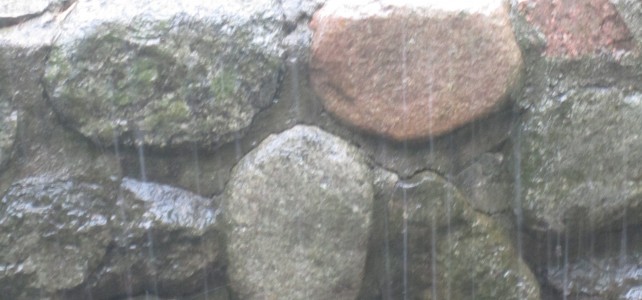
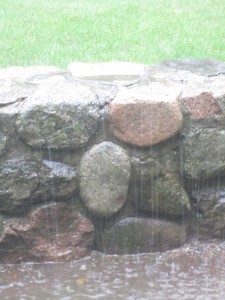
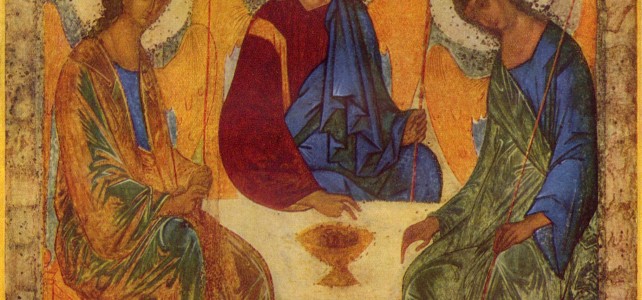
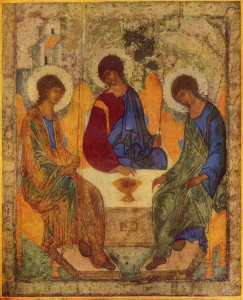
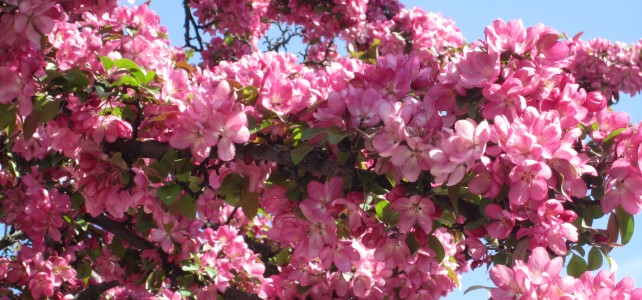

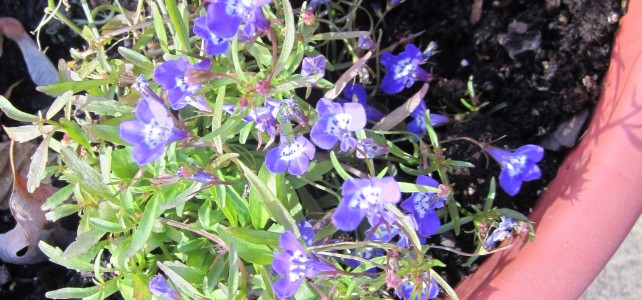
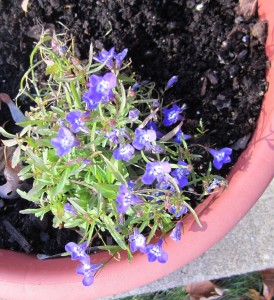
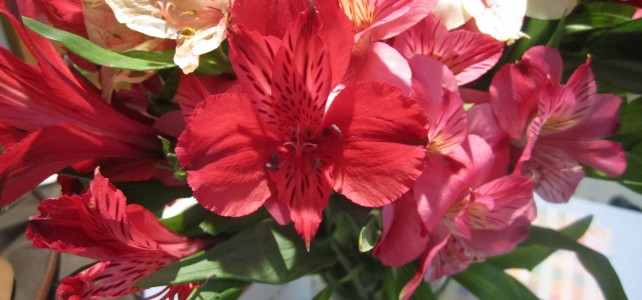
 Originally published in The Catholic Times, March 9, 2014 issue
Originally published in The Catholic Times, March 9, 2014 issue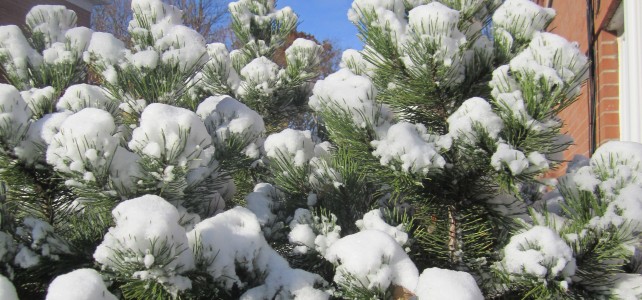
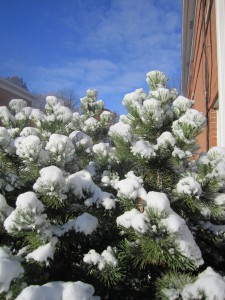

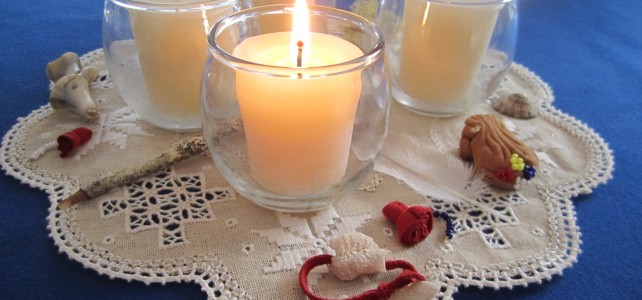


 Originally published in The Catholic Times, Oct. 13, 2009
Originally published in The Catholic Times, Oct. 13, 2009